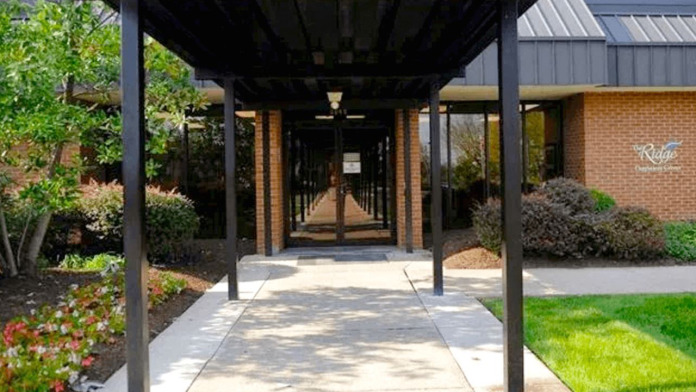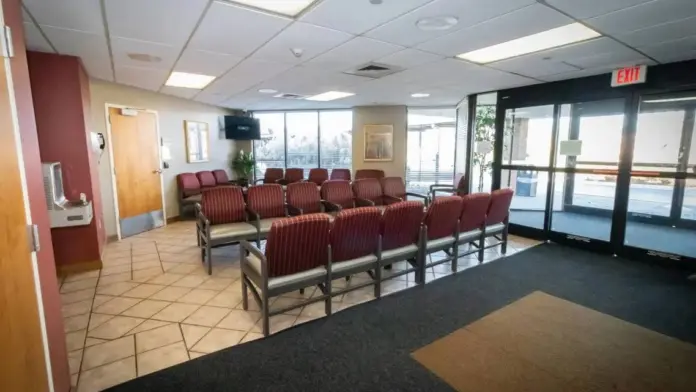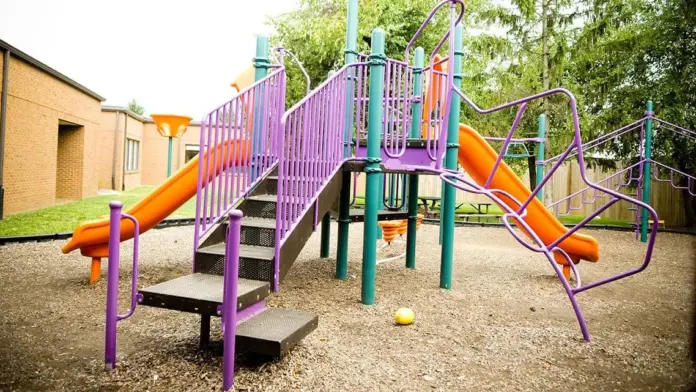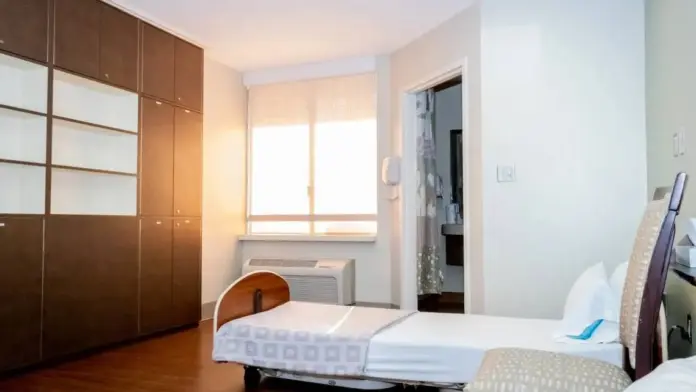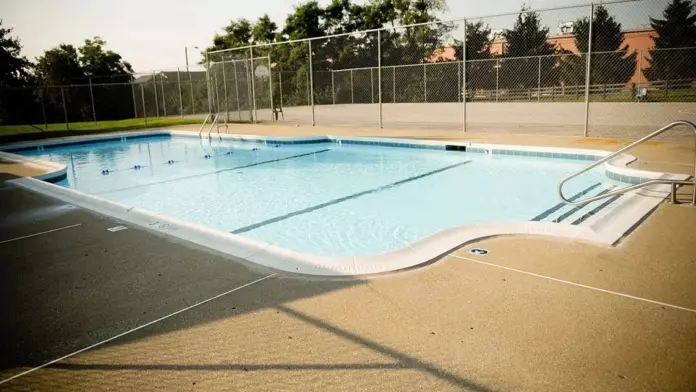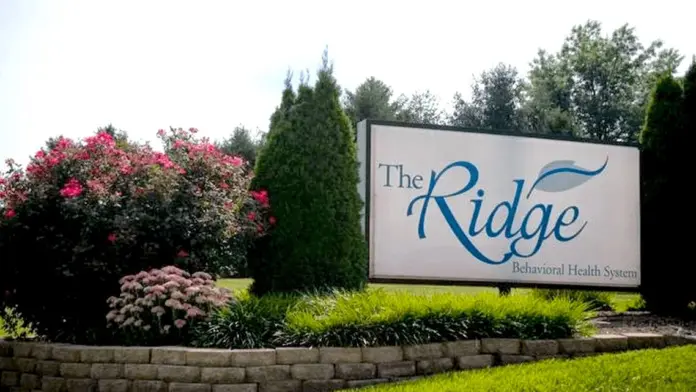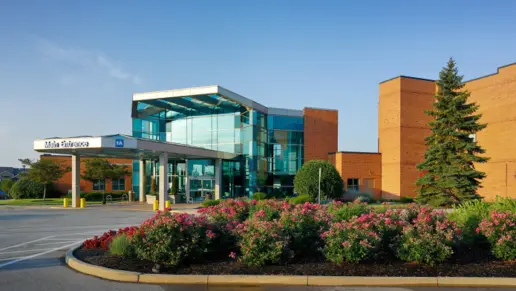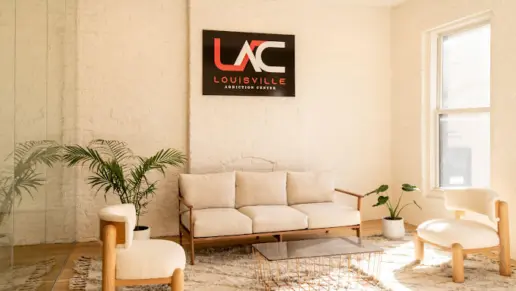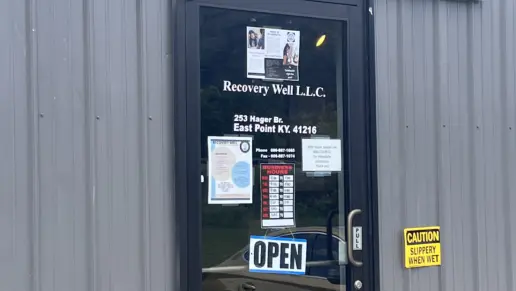Staff was rude, unhelpful, and incompetent. Released me with no medication and no plans for medication management as the staff had referred me to a THERAPIST for med management. Spent two weeks actively psychotic since I was unable to gety meds stabilized due to their mistak ...
About The Ridge Behavioral Health System
The Ridge Behavioral Health System is a drug and alcohol rehab in Lexington, Kentucky. They have a range of inpatient and outpatient services for kids, teens, and adults. Various levels of care are also subdivided into specific tracks for psychiatric care and substance abuse. That way, you’ll get tailored programs that fit your healthcare needs.
For adults, you’ll be assigned to various group and individual counseling programs when in residential and outpatient care. Some groups may focus on mental health disorders while others tackle relapses. Family conferencing is also available. For acute clients who have spells of mental distress, electroconvulsive therapy might be used if medication and therapy have limited results.
The children’s and teens’ programs are teamed with local school districts. That way, students don’t miss out on their education as they heal their minds and bodies. The residential and outpatient programs are designed to boost students’ confidence and social skills. So when they exit their programs, they’ll be better able to perform academically and with their peers.
 Payment Options
Payment Options
Private Insurance
Self-pay options
Financial aid
Sliding scale payment assistance
Medicare
Medicaid
Medicare
Military Insurance
 Levels of Care
Levels of Care
 Outpatient
Outpatient
Outpatient and partial hospitalization services are provided on a six-day per week basis, days and evenings. The Outpatient Treatment offers a psychiatric evaluation, ongoing medication management, an Intensive Outpatient Program, and a Partial Hospitalization Program (PHP). The treatment process encourages disclosure, acknowledgement, and acceptance to allow and promote change. Participation and attendance are required and both are critical to your success. Your progress is constantly monitored; more intensive or less intensive treatment will be recommended as needed.
 Inpatient
Inpatient
Inpatient care is provided on a 24-hour basis, seven days a week. Their Inpatient Treatment offers an intensive therapeutic environment, a board certified psychiatrist/neurologist, a multidisciplinary treatment approach, 24-hour nursing care, a social worker, an activity therapist, a dietitian, family participation, and discharge/aftercare planning.
 Partial Hospitalization Program
Partial Hospitalization Program
Often beneficial for individuals who don't require 24-hour supervision, a partial hospitalization program (PHP) can be an alternative to inpatient rehab or a transitional option. PHP treatment typically involves 6 to 8 hours of treatment per day, up to 5 days a week for an average of 90 days. PHP treatment often includes relapse prevention strategies, medication management, and other behavioral therapy interventions. While the cost of a partial hospitalization program can vary, it is often covered by insurance.
 24-Hour Clinical Care
24-Hour Clinical Care
At certain points in the recovery process, it's important to have support available 24/7. 24-hour clinical care offers a safe environment in which to recover from drug or alcohol addiction in peace, knowing medical detox and other treatment will happen with professionals on hand.
 Intensive Outpatient
Intensive Outpatient
Intensive Outpatient Programs (IOP) are for those who want or need a very structured treatment program but who also wish to live at home and continue with certain responsibilities (such as work or school). IOP substance abuse treatment programs vary in duration and intensity, and certain outpatient rehab centers will offer individualized treatment programs.
 Programs
Programs
 Adult Program
Adult Program
 Settings & Amenities
Settings & Amenities
-
Recreation Room
-
Swimming Pool
-
Day School
The most important goal of The Ridge’s DBT based adolescent program is its focus on helping patients create lives worth living. This program gives patients the opportunity to achieve those lives. Adolescents in the program will attend school at The Ridge during the year with certified teachers of the Fayette County School System.
 Insurance
Insurance
Our Policy: The Ridge Behavioral Health System works with several private insurance providers and also accepts private payments when possible, please contact us to verify your specific insurance provider.
 Treatment
Treatment
 Alcoholism
Alcoholism
The goal of treatment for alcoholism is abstinence. Those with poor social support, poor motivation, or psychiatric disorders tend to relapse within a few years of treatment. For these people, success is measured by longer periods of abstinence, reduced use of alcohol, better health, and improved social functioning. Recovery and Maintenance are usually based on 12 step programs and AA meetings.
 Drug Addiction
Drug Addiction
Drug rehab in Kentucky often starts with detox, then includes inpatient or outpatient treatment, and continues with aftercare support. Specific methods used during each of these phases varies, but often include individual and group counseling, medication, and recreational therapies.
 Dual Diagnosis
Dual Diagnosis
The Ridge Recovery Center (RRC) is designed to serve adults over the age of 18 diagnosed with co-occurring disorders. They specialize in the treatment of adults diagnosed with both mental health and substance abuse disorders. In their continued efforts to provide the best possible care for their patients, they have extended the length of their Ridge Recovery Center program to up to 28 days so patients can transition from initial detoxification and stabilization to Inpatient Rehabilitation at The Ridge.
 Mental Health and Substance Abuse
Mental Health and Substance Abuse
A combined mental health and substance abuse rehab has the staff and resources available to handle individuals with both mental health and substance abuse issues. It can be challenging to determine where a specific symptom stems from (a mental health issue or an issue related to substance abuse), so mental health and substance abuse professionals are helpful in detangling symptoms and keeping treatment on track.
 Opioid Addiction
Opioid Addiction
Opioid rehabs specialize in supporting those recovering from opioid addiction. They treat those suffering from addiction to illegal opioids like heroin, as well as prescription drugs like oxycodone. These centers typically combine both physical as well as mental and emotional support to help stop addiction. Physical support often includes medical detox and subsequent medical support (including medication), and mental support includes in-depth therapy to address the underlying causes of addiction.
 Clinical Services
Clinical Services
 Animal Therapy
Animal Therapy
Animal therapy (aka pet therapy or animal-assisted therapy) can be very healing, as it allows patients to bond with animals, who give unconditional love. This is particularly useful for those who suffered trauma by the hands of people, who may be able to trust and form closer attachments to animals than humans at certain stages of rehabilitation.
 Dialectical Behavior Therapy
Dialectical Behavior Therapy
Dialectical Behavior Therapy (DBT) is a modified form of Cognitive Behavioral Therapy (CBT), a treatment designed to help people understand and ultimately affect the relationship between their thoughts, feelings, and behaviors. DBT is often used for individuals who struggle with self-harm behaviors, such as self-mutilation (cutting) and suicidal thoughts, urges, or attempts. It has been proven clinically effective for those who struggle with out-of-control emotions and mental health illnesses like Borderline Personality Disorder.
 Electroconvulsive Therapy
Electroconvulsive Therapy
For those struggling with treatment resistant depression, mania, and other forms of mental illness, ECT (Electro-Convulsive Therapy) is available at The Ridge Behavioral Health System. Led by their ECT Medical Director, Dr. David Shraberg and the use of state of the art technology, their ECT Treatment Team will provide patients with an effective treatment program that brings hope and relief of their symptoms.
 Experiential Therapy
Experiential Therapy
Experiential therapy is a form of therapy in which clients are encouraged to surface and work through subconscious issues by engaging in real-time experiences. Experiential therapy departs from traditional talk therapy by involving the body, and having clients engage in activities, movements, and physical and emotional expression. This can involve role-play or using props (which can include other people). Experiential therapy can help people process trauma, memories, and emotion quickly, deeply, and in a lasting fashion, leading to substantial and impactful healing.
 Family Therapy
Family Therapy
Research clearly demonstrates that recovery is far more successful and sustainable when loved ones like family members participate in rehab and substance abuse treatment. Genetic factors may be at play when it comes to drug and alcohol addiction, as well as mental health issues. Family dynamics often play a critical role in addiction triggers, and if properly educated, family members can be a strong source of support when it comes to rehabilitation.
 Group Therapy
Group Therapy
Group therapy is any therapeutic work that happens in a group (not one-on-one). There are a number of different group therapy modalities, including support groups, experiential therapy, psycho-education, and more. Group therapy involves treatment as well as processing interaction between group members.
 Individual Therapy
Individual Therapy
In individual therapy, a patient meets one-on-one with a trained psychologist or counselor. Therapy is a pivotal part of effective substance abuse treatment, as it often covers root causes of addiction, including challenges faced by the patient in their social, family, and work/school life.
 Life Skills
Life Skills
Life skills trainings involve all the skills a person must have in order to function successfully in the world. These include time management, career guidance, money management, and effective communication. Truly successful addiction recovery is based on the ability to not only live substance-free, but to thrive. Life skills teaches the practical necessities of functioning in society, which sets clients up for success in life, and therefore sobriety.
 Accreditations
Accreditations

Joint Commission
The Joint Commission, formerly known as JCAHO, is a nonprofit organization that accredits rehab organizations and programs. Founded in 1951, the Joint Commision's mission is to improve the quality of patient care and demonstrating the quality of patient care.
Joint Commission Accreditation: Yes
